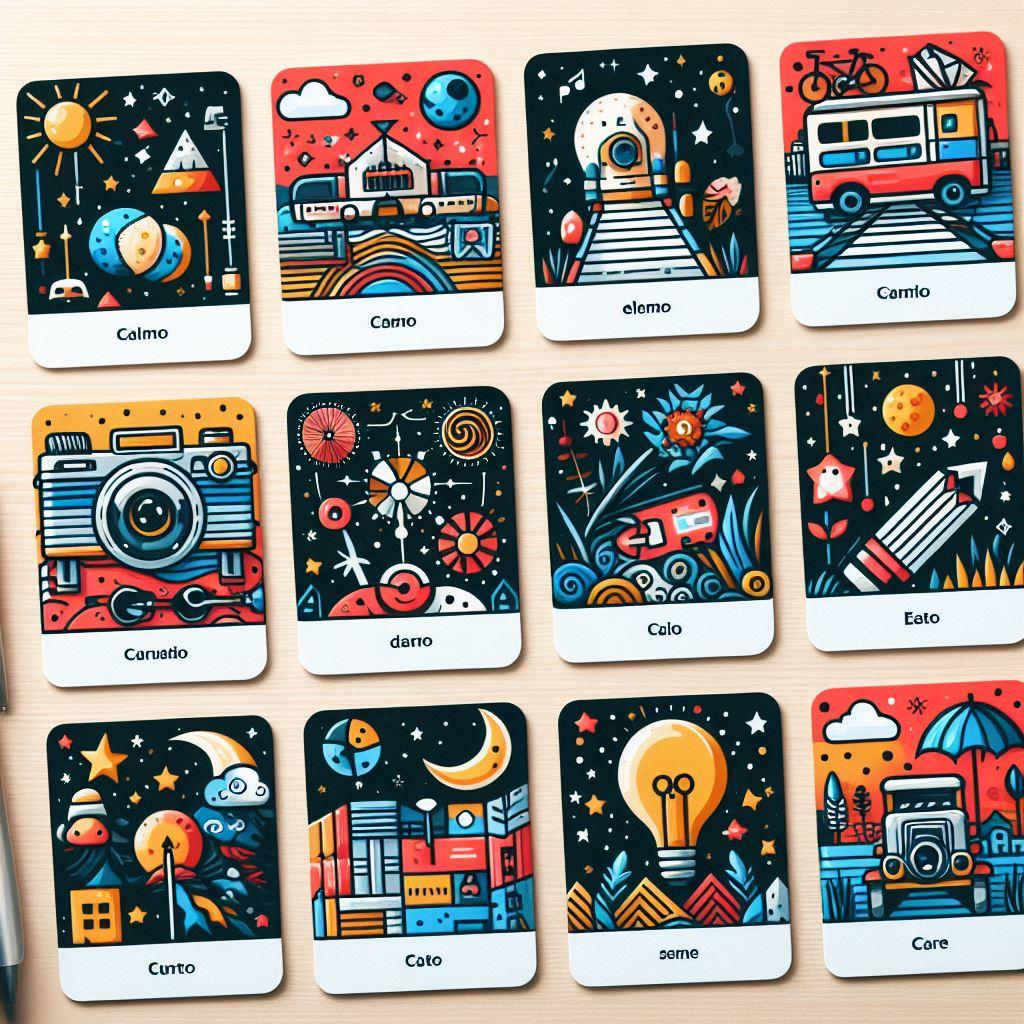
Unlocking the Power of Flashcards: A Comprehensive Guide to Boost Memory and Learning
Unlocking the Power of Flashcards: A Comprehensive Guide to Boost Memory and Learning
In the vast landscape of learning methodologies, one tool stands out as a timeless and versatile companion for learners of all ages: the humble flashcard. Often associated with rote memorization, flashcards are, in fact, a powerful ally for anyone seeking to understand, retain, and recall information more effectively. In this comprehensive guide, we will delve into the science behind flashcards and provide actionable tips for integrating them into your learning routine.
The Science of Flashcards and Memory
Active Recall and Spaced Repetition
At the core of flashcard effectiveness lies the synergy between active recall and spaced repetition. Active recall, the process of retrieving information from memory, engages the brain more deeply than passive review. When coupled with spaced repetition—systematically reviewing material at increasing intervals—flashcards become a dynamic tool for long-term memory enhancement.
Cognitive Load and Bite-sized Learning
Flashcards excel at managing cognitive load by presenting information in bite-sized chunks. The brain is better equipped to process and retain smaller amounts of information, making flashcards an ideal solution for breaking down complex subjects into manageable components.
Crafting Effective Flashcards
Clarity and Conciseness
Creating effective flashcards begins with clarity. Formulate questions concisely on one side, with answers on the reverse. Aim for brevity while capturing the essence of the concept to facilitate quick and efficient recall.
Organization and Themes
Organize flashcards by topics or themes to establish connections between related concepts. This not only aids in reinforcing associations but also provides a structured approach to learning, preventing information overload.
Multimedia Integration
Enhance flashcards by incorporating multimedia elements such as images, diagrams, or audio clips. Research indicates that visual and auditory cues can significantly enhance memory retention, catering to diverse learning styles.
Maximizing Flashcard Utilization
Regular Review Sessions
Consistency is key to successful flashcard use. Schedule regular review sessions, adjusting intervals as you become more familiar with the content. This adherence to the spaced repetition principle ensures that you revisit information just as you are on the verge of forgetting it, reinforcing memory.
Variety in Content
Avoid monotony by incorporating variety into your flashcards. Mix up the types of information on a single card or shuffle the order during review sessions. This prevents reliance on rote memorization and encourages a more comprehensive understanding of the material.
Progress Tracking
Monitor your progress by identifying challenging flashcards that require additional attention. A tracking system allows you to adapt your study plan, allocating more time to weaker areas and ensuring a balanced approach to learning.
Realizing the Potential of Flashcards in Learning
Flashcards are not confined to academic pursuits; their adaptability makes them valuable tools for language learning, professional development, and expanding general knowledge. Whether you are preparing for exams, learning a new language, or acquiring skills in any field, unlocking the potential of flashcards can revolutionize your approach to learning.
In conclusion, the journey to effective learning involves understanding the science behind memory and leveraging tools that align with cognitive processes. Flashcards, with their emphasis on active recall, spaced repetition, and bite-sized learning, emerge as a dynamic solution for learners seeking to optimize their cognitive potential.
Remember, like any tool, the effectiveness of flashcards lies in their thoughtful application. Embrace them as companions on your educational journey, and witness the transformation in your ability to comprehend, retain, and recall information. Happy learning!